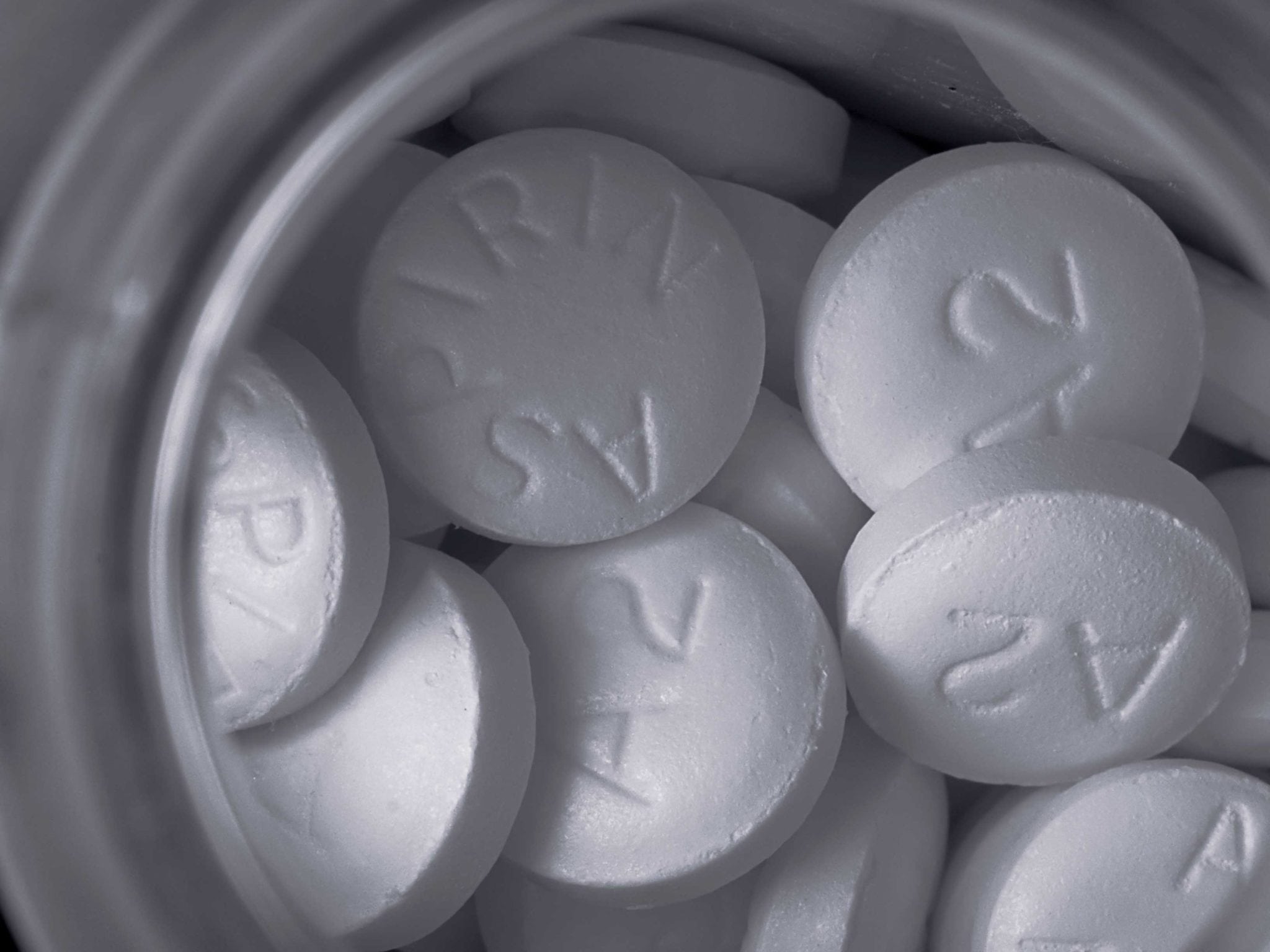For many older people, it wasn’t the apple a day that was going to keep the doctor away. It was the aspirin.
The tablet was long considered daily insurance against a first heart attack or stroke, but a recent recommendation from the U.S. Preventive Services Task Force suggests that’s unnecessary for most people. In fact, the recommendation states that people over 60 should not take daily aspirin for primary prevention, and those ages 40 to 59 at higher risk for cardiovascular disease but with no history of it should speak with their doctors first.
“I have prescribed aspirin for primary prevention, however I do not prescribe it for all comers,” said Dr. Stephanie Saucier, director of the Women’s Heart Wellness Program with the Hartford HealthCare Heart & Vascular Institute at Hartford Hospital. “The idea that aspirin should be given to all patients for primary prevention of cardiovascular disease is no longer the mainstay of therapy.”
She said the therapy should be examined for each patient and based on such other cardiovascular risk factors as:
- History of diabetes.
- Family history of premature coronary artery disease.
- Elevated 10-year atherosclerotic cardiovascular disease risk.
- Inability to achieve lipid or blood pressure goals.
- Significant elevation in coronary artery calcium score.
“It is also important that patients be involved in the decision of whether or not to use aspirin for primary prevention,” she added.
The updated task force recommendations were issued because many healthcare providers feel the daily aspirin can do more harm than good in patients who have not been diagnosed with heart attacks or strokes. The dose can trigger internal bleeding in the stomach, intestines and brain in patients, a condition that can be life-threatening. The risk of such a reaction increases with age. This fact caused the group to suggest stopping the practice in people over the age of 60.
“The recommendations support the literature and data we have collected over the years,” said Dr. Saucier. “It allows us to be more selective in who should be on aspirin therapy and to further individualize patient care.”
Anyone currently taking an aspirin daily for primary prevention should speak with their provider about the need for ongoing therapy.
Continue to talk about other heart-healthy measures, including:
- Increasing physical activity to 30 minutes a day or more.
- Quitting smoking.
- Drinking less alcohol.
- Reducing your daily sodium intake to the recommended 1,500 mg a day.
- Lowering your stress level.
- Getting enough sleep each night.
For more information about heart health, click here.



